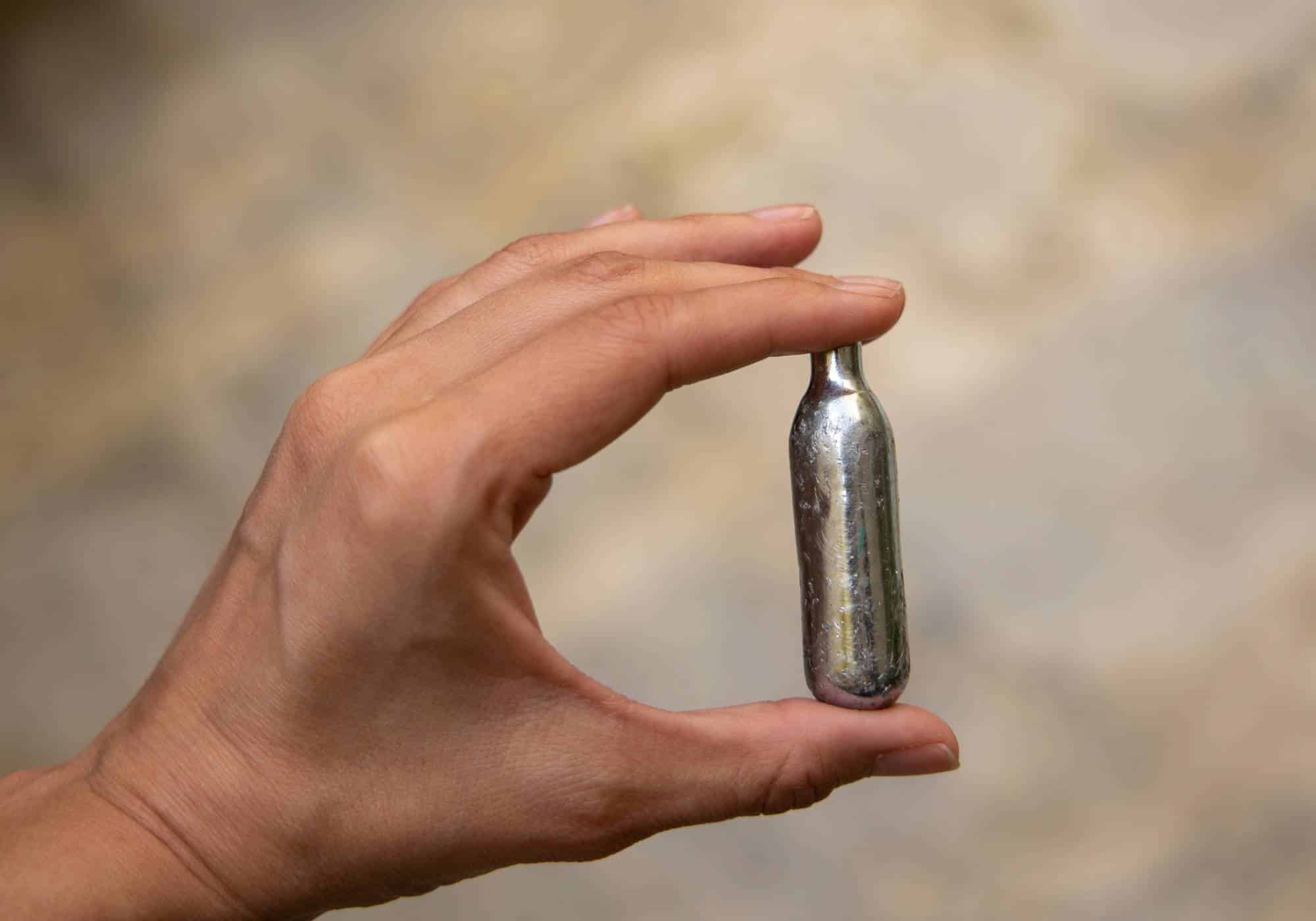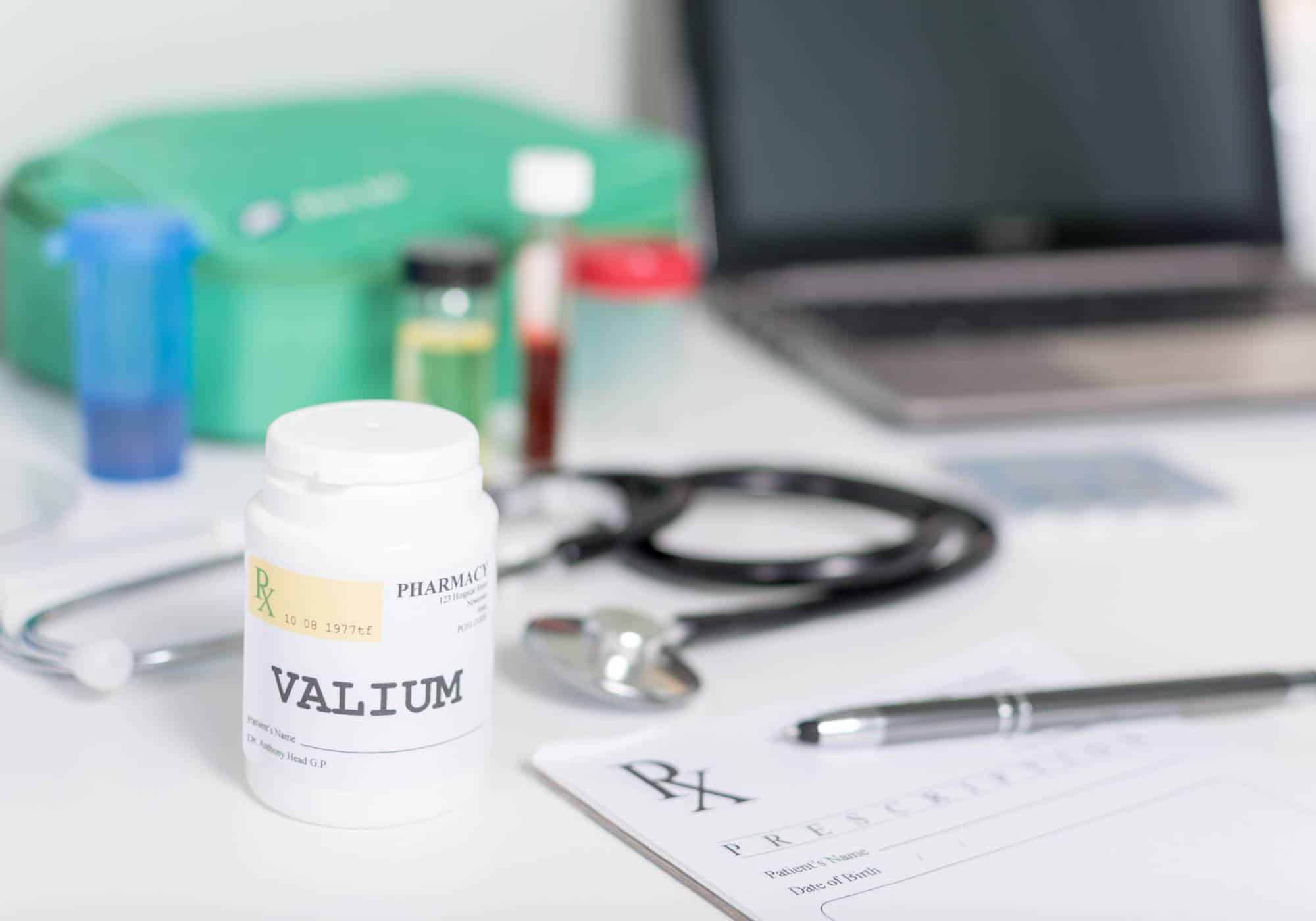Taking the first step in recovering from addictions like alcohol abuse is courageous, but moving forward in your healing process means you’ll run into roadblocks that will test your drive. Depending on the severity of your drinking habit, alcohol withdrawal symptoms can range from mild to intense.
For those struggling with years-long alcohol abuse, the first 72 hours will likely feel arduous as it’s the most critical part of the recovery process. Pushing forward can be difficult during these trying times, so understanding what to expect should help prepare yourself for the challenges ahead.
Exploring What Happens To The Mind And Body When Quitting Alcohol
As mentioned above, the detrimental aftermath of quitting your addiction can vary depending on your relationship with alcohol. Beyond testing your patience and strength to ignore undeniable cravings, different types of withdrawal symptoms can be fatal such as seizures, high blood pressure, and a sudden increase in the heart rate.
Seizures are dangerous in their own right, but it can feel like a double whammy attack when you’re simultaneously hit with an unexpected spike in blood pressure as it can boost your risk of developing heart attacks, stroke, or aneurysm.
The First 72 Hours Of Quitting Alcohol
Quitting drinking is often the calm before the storm and the crucial days ahead wreaks havoc on the system as the body struggles to flush the toxins and restore its healthy balance. For people with a mild drinking problem, the tell-tale signs of withdrawal include the following:
- Shaking;
- Headaches;
- Sweating;
- Nausea;
- Vomiting;
- Anxiety;
- Insomnia;
People suffering from alcohol abuse for years, on the other hand, are dealing with a different ballpark as the withdrawal can include delirium tremens, which refers to adverse side-effects that can last between two days to a week. Some of the red flags include the following:
- Agitation;
- Confusion;
- Fluctuating blood pressure;
- Excessive sweating;
- Fever;
- Hallucinations;
- Irregular heartbeat;
- Mood swings;
- Seizures;
- Sensitivity to touch, light, or sound;
- Tremors;
When suffering symptoms of DT, it’s best to have an experienced professional guide you through this painstaking journey since the signs can worsen through time, which means you are at high risk of needing immediate medical attention.
How Long Does The Withdrawal Phase Last?
People experience withdrawal differently, but most agree that the worst often hits between 24 to 72 hours after your last drink. Pushing past the severe symptoms means you’re past the worse, but others can persist for weeks to months, such as fatigue, changes in your sleep pattern, and mood changes.
The Bottom Line: Overcoming Withdrawal Symptoms And Reaching Your Goals
They say there is always a rainbow after a storm, and the experiences you feel are a clear sign that the body is doing it’s best to improve your health. Withdrawal is the number one culprit behind relapses, so having a supportive group by your side should help comfort you during the most challenging parts of your recovery process.
How Can We Support Your Journey?
Our professionals can provide personalized rehabilitation programs in Hiram, Georgia, that understand the pain and temptations you need to overcome in your journey. We’re in recovery too, and we aim to guide you through yours. Get in touch with us to see what we can do to help break down barriers and give you unwavering support every step of the way.












